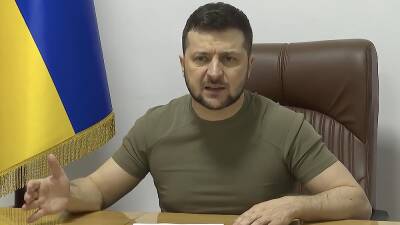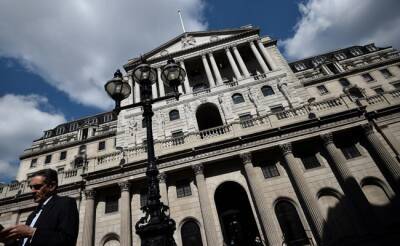Russia claims it has made first debt payment and avoided a default
Russia claimed to have made payments to investors on Thursday and avoided defaulting on its debts, despite having its assets frozen under Western sanctions.
"The payment order on the repayment of interest on bonds (...) with a total value of $117.2 million ... was carried out," the Russian Finance Ministry said in a statement.
There had been fears this week that Russia would default on the payments given an embargo on most of its energy exports and strict measures against Russian banks in response to the war in Ukraine.
Countries raise money to finance their budget by issuing governments bonds. Investors and institutions around the world buy these bonds under the assumption they will get their money back with higher interest rates. Repayments are scheduled to be made in a timely manner.
This sovereign debt is usually owned in foreign currencies, which means a struggling government cannot simply print more money of its national currency to have fast access to liquidity and appease its creditors.
When an economic crisis becomes particularly challenging, an indebted country might find itself unable to repay some or even all of its accumulated debts.
If the government fails to honour a payment, the country officially enters into default.
Besides huge losses for investors, defaulting often entails devastating consequences for citizens and businesses and can lead to long-lasting reputational damage.
Watch the video explainer to learn more about what default means.
Read more on euronews.com





















